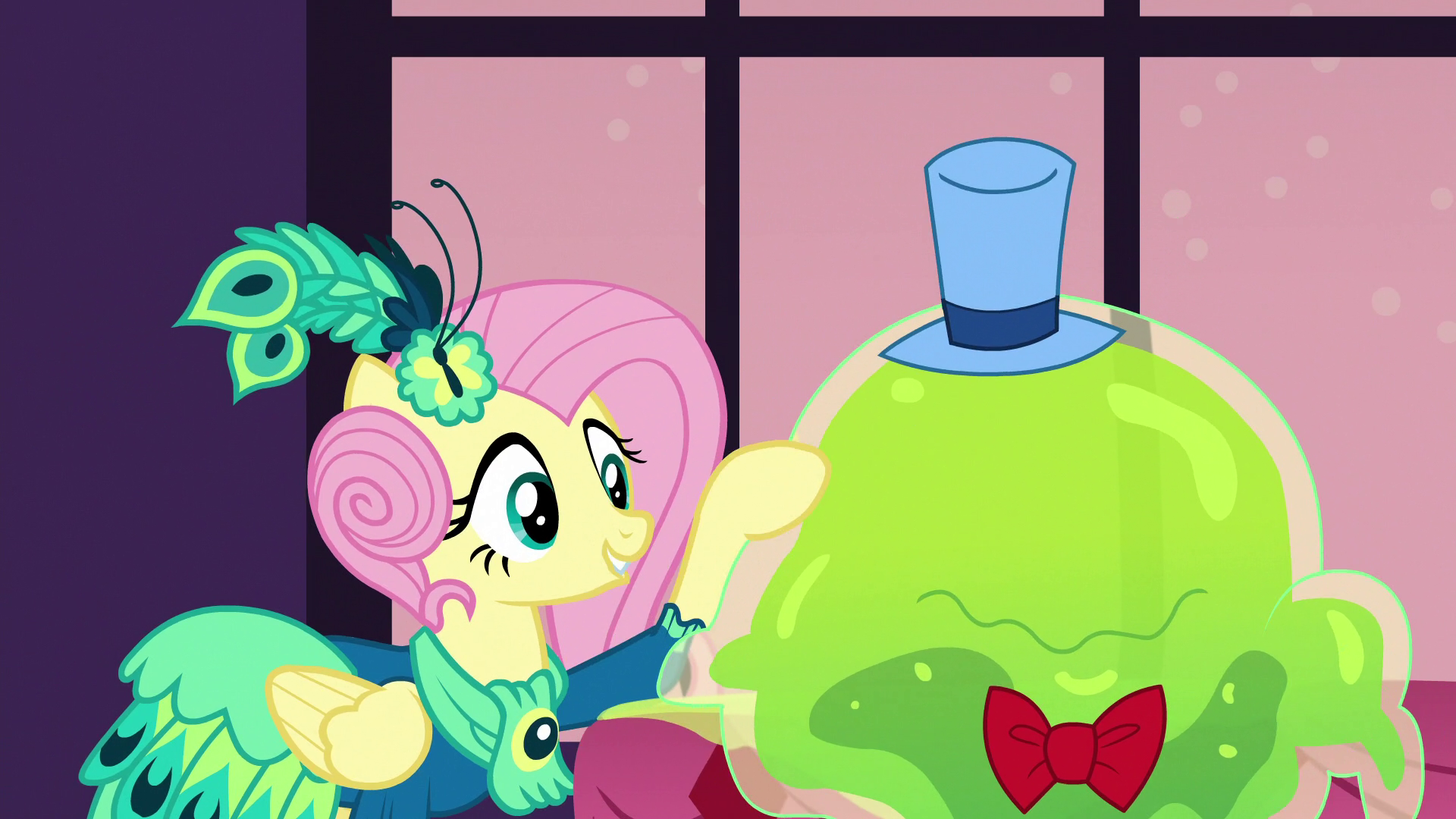

These associations differed by book style and were moderated by children’s age, such that parents’ print-focused talk in the rhyming book was positively associated with early literacy only for older children.

Further, parents’ meaning-focused talk predicted children’s concurrent oral language skills, and parents’ code-focused talk (both print- and sound-focused) predicted children’s concurrent early literacy skills. Parents made higher proportions of inference/predictions in the non-rhyming book, and higher proportions of print- and sound-focused talk in the rhyming book. Children’s concurrent oral language and early literacy skills were also assessed. Forty-five parents were audio-recorded reading two picturebooks, one rhyming and one non-rhyming, with their preschool-aged children. This study compared meaning- and code-focused talk in rhyming versus non-rhyming picturebooks in relation to children’s language and literacy skills.

Thus rhyme is not only facilitative for learning, but when the novel vocabulary is specifically in a position where it is predictable from the rhymes, it is most accessible.Įxtra-textual talk during shared picture book-reading is hypothesized to scaffold children’s early literacy skills however, observational research has shown mixed results. Additionally, when parents acted as the storybook readers in Experiment 2, many of them distinctly paused before target words in the predictive rhyme condition and for their children a stronger predictive rhyme advantage surfaced. In tests of retention and identification children showed greatest novel name learning in the predictive rhyme condition in both between-subjects (Experiment 1) and within-subjects (Experiment 2) comparisons. Two- to 4-year-old children heard rhyming stanzas naming novel monsters under three conditions: A non-rhyme condition in which novel monster names appeared as unrhymed elements within a rhymed stanza, a non-predictive rhyme condition in which the novel names were the rhymed element in the first line of a stanza, and a predictive rhyme condition in which the monster name came as the rhymed element in the last line of the stanza after a description of the features that distinguished him. In two experiments, we tested whether rhyme, when used to help children anticipate new words would make those words easier to learn. Enjoy an enlightening episode that has it all, from interactive games to thought-provoking conversation.Rhyme, which is ubiquitous in the language experiences of young children, may be especially facilitative to vocabulary learning because of how it can support active predictions about upcoming words. And it wouldn't be an episode of The Schmooze without a game of "Two Truths and a Lie" along with the usual James Lipton questions, where even Randy, ever the comedian, is forced to get deep. Alison and Randy demonstrate a trivia game show just like the one that *you* can be part of on February 27th at the TAE Purim PJ Party! They also dish about the Purim Car-nival happening the next morning, February 28th, where families can enjoy a drive-thru Purim carnival experience. Hear about the creative business plans he's turned to during the pandemic and get excited for the unique way he's helping TAE celebrate Purim this year with his innovative platform to keep TAE having fun. Randy injects fun and festive vibes with his DJ and event production company, Real Genius Entertainment. In this special edition episode of The Schmooze, Alison welcomes Randy Lehrman, a familiar face around the temple from Bar and Bat Mitzvah parties and TAE social events.


 0 kommentar(er)
0 kommentar(er)
